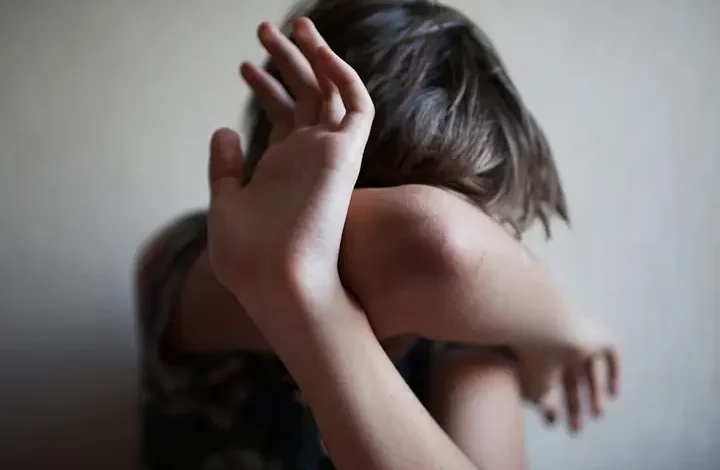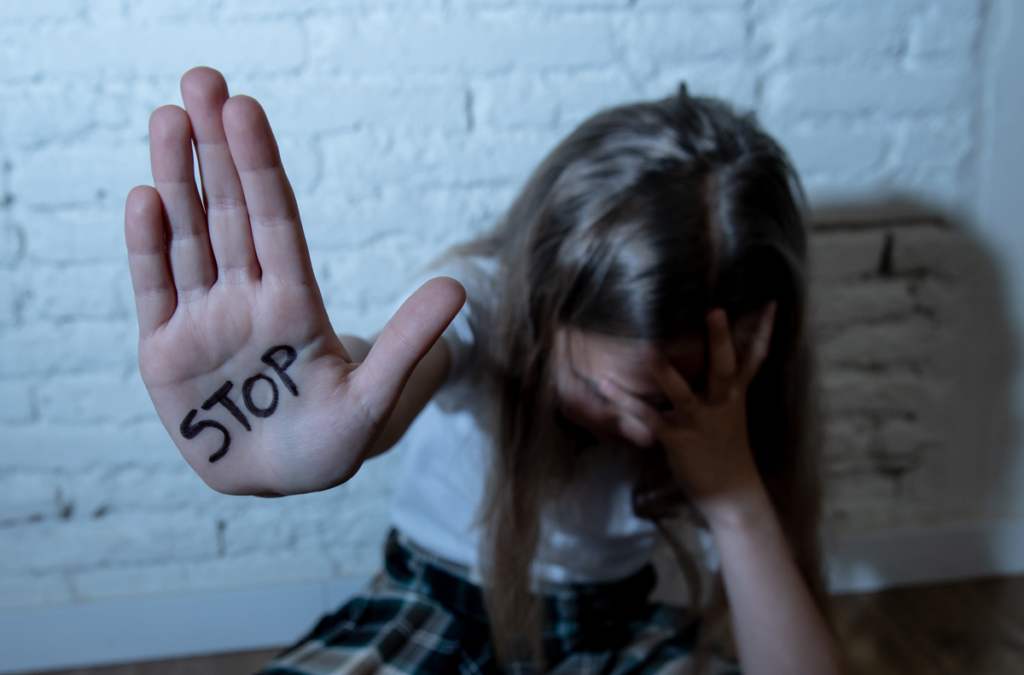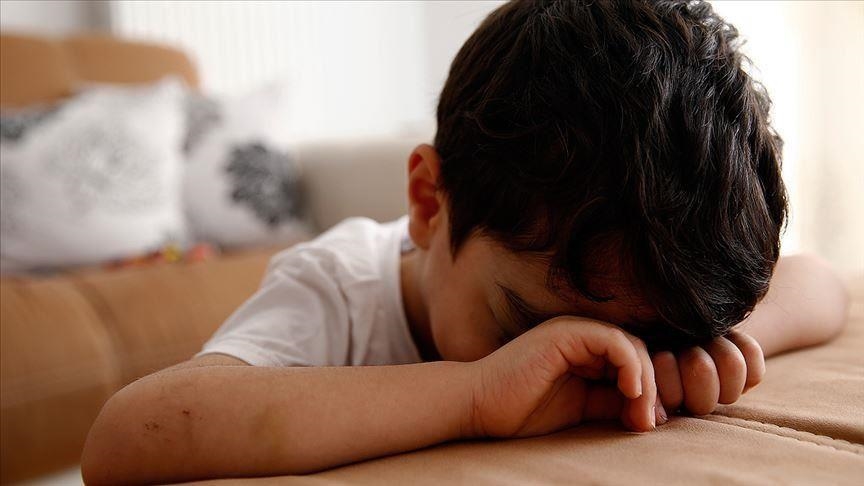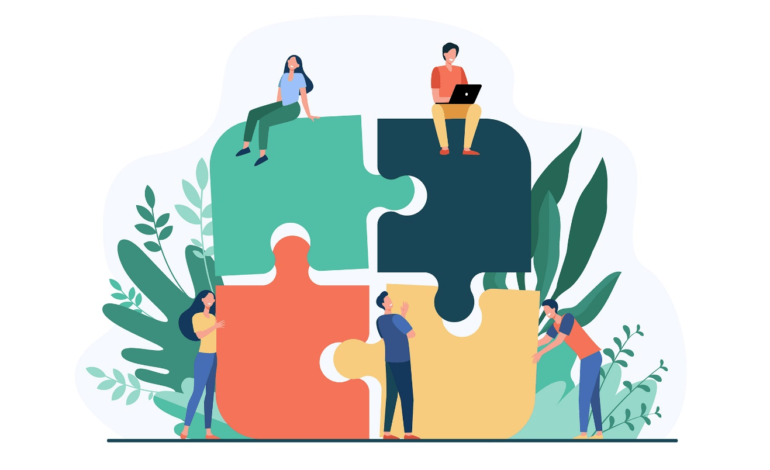
Child abuse is a serious problem in the world today, which affects the psychology of the whole society. Children who were raised in abusive families grow up with low self-esteem, social anxiety, and trust issues. People who were abused as children are more prone to violence, drug addiction, and aggression. A traumatic childhood experience causes severe brain damage, which leads to some mental disorders later in life, such as depression and suicide attempts. There are certain factors that increase the risk of child abuse, including poverty, unemployment, and substance abuse among parents.
The effects of child abuse can be seen in various mental disorders a person may face in adulthood.
The effects of child abuse can be seen in various mental disorders a person may face in adulthood. These include:
- Depression
- Anxiety
- Post traumatic stress disorder (PTSD)
- Social anxiety disorder (SAD)
- Lack of trust and self-esteem
Child abuse is a serious problem, which affects the psychology of the whole society
It is a major problem in the world and, in some countries, child abuse is an even more serious problem than unemployment or poverty. In particular, child abuse is one of the main problems in the United States and the United Kingdom (the UK).
According to statistics, approximately 1/3 of all children suffer from some kind of physical or sexual violence during their childhood. This means that every year about 2 million kids are abused in America alone!
A traumatic childhood experience causes severe brain damage
Imagine that as a child you spent your days being physically abused by your parents. You were beaten with objects such as sticks and brooms. You were often forced to stay in a dark room for long periods of time without any food or water. Sometimes, you were even tied up inside a closet with no way to escape from the frightening situation at hand.
These traumatic experiences caused severe brain damage that led to many mental disorders, including low self-esteem, social anxiety, and trust issues — just to name a few examples. Because these issues developed early on in life when you were still forming your personality and character traits, such as aggression and depression, emerged after years of abuse took place during childhood development stages.
Child abuse is mostly caused by the parents themselves; they inflict physical and mental pain on their children while they are growing up
Child abuse is a serious problem that affects the psychology of the whole society. It is mostly caused by the parents themselves, who inflict physical and mental pain on their children while they are growing up. This kind of behavior has an impact on the child’s personality as well as on their future life.
Children who were raised in abusive families grow up with low self-esteem, social anxiety, and trust issues.
- Low self-esteem
- Social anxiety
- Trust issues
These are just some of the effects that children who were raised in an abusive home will have to deal with. They may also feel unloved or unwanted by their parents.
People who were abused as children are more prone to violence, drug addiction, and aggression.
As a child, you were abused by your parents or other trusted adults around you. This has had a huge impact on your life as an adult. You might have grown up with low self-esteem, trust issues, and problems with aggression, which could lead to drug addiction as well as other mental disorders such as depression or anxiety.

If a child experiences trauma during their daily life in adolescence, it may result in some mental disorders later in life, such as depression and suicide attempts.
Child abuse and neglect can have a lasting emotional impact on the individual. The effects may be subtle, or they may develop into more serious mental health issues later in life. For example, child abuse is linked to depression and anxiety disorders in adulthood. It might also lead to social phobias, post-traumatic stress disorder (PTSD), or other problems such as self-harm or suicide attempts.
A child who is experiencing physical or emotional harm at home will often try to avoid being alone with their abuser as much as possible. This means that they miss out on social experiences with friends, family members, and caregivers, which could help them learn how to interact appropriately with others when they grow up. In addition, if a parent is abusing alcohol or drugs, it’s likely that the home environment will be chaotic–meaning that there’s no routine for getting up on time for school each morning!
A child experiencing different forms of abuse from their parents could develop traumatic memories for the future.
There are many forms of abuse that a child can experience from their parents. These include:
Physical abuse is the use of physical force to cause harm to another person. The type of injury sustained by the victim can vary from minor to life-threatening.
Sexual abuse: it is any type of sexual act or contact made with a minor, which includes fondling and forced penetration (oral, anal, vaginal). Many times, it happens in secret because it’s often considered taboo by society.
Emotional/verbal/verbal abuse: It involves words that harm another person’s self-esteem or self-respect. However, these terms don’t necessarily mean that there have been physical injuries involved in this type of violence against children over time, affecting their behavior later on in life after experiencing trauma during childhood years due to verbal/emotional abuse, such as being called names repeatedly causing them distress instead of feeling loved unconditionally, making them feel worthless, thus resulting in low self-esteem issues later on in life lineages where they become adults themselves, someday raising children differently than how they were raised themselves, so hopefully those kids won’t repeat history again, repeating cycle generations down lineages until we learn how to treat each other better!
There are certain factors that increase the risk of child abuse, including poverty, unemployment, and substance abuse among parents.

There are certain factors that increase the risk of child abuse, including poverty, unemployment, and substance abuse among parents.
Children from families with low income levels are more likely to be abused than children from richer families. This can be explained by the fact that poor people live in poor conditions where they lack food and shelter, which makes them prone to violence. The same is true for unemployed people, who may have problems at home because they cannot afford to pay their bills or provide what their family needs. Substance abusers also tend to engage in violent acts as they become aggressive when under the influence of drugs or alcohol.
Studies show that there is a correlation between depression and child abuse among mothers whose partners have been abusive towards them verbally while pregnant or after giving birth (this is known as postpartum depression). Depression can lead mothers into violent situations where they hurt their children physically because they feel hopeless about life itself—an indicator of how bad things have gotten! It was found out that mothers who commit suicide often leave behind evidence of physical abuse on their children (e.g., bruises).
Child abuse negatively affects an adult later in life, so it is important to report cases of such behavior in order to prevent it from happening again.
It is important to report cases of child abuse so that they can be stopped. If you are aware that a child is being abused, it is your duty as an adult to report it.
You may not always be able to see physical signs in the child or even know for sure if the abuse is happening, but there are still ways you can help prevent further harm from happening. You can talk with them about how they feel and what’s going on in their lives at home or school. If you suspect something might be wrong and want more information, ask other adults around the child if they have noticed anything unusual in their behavior lately: whether they seem withdrawn or sad more often than normal; whether they’re constantly fighting with other kids at school; anything else out of character could indicate abuse from home life instead. “
Conclusion
There are many different ways in which child abuse affects an adult later in life. While there is no way to completely heal the psychological damage caused by abuse, there are steps you can take to help yourself feel better. You should seek counseling or join support groups that focus on healing from past trauma.









